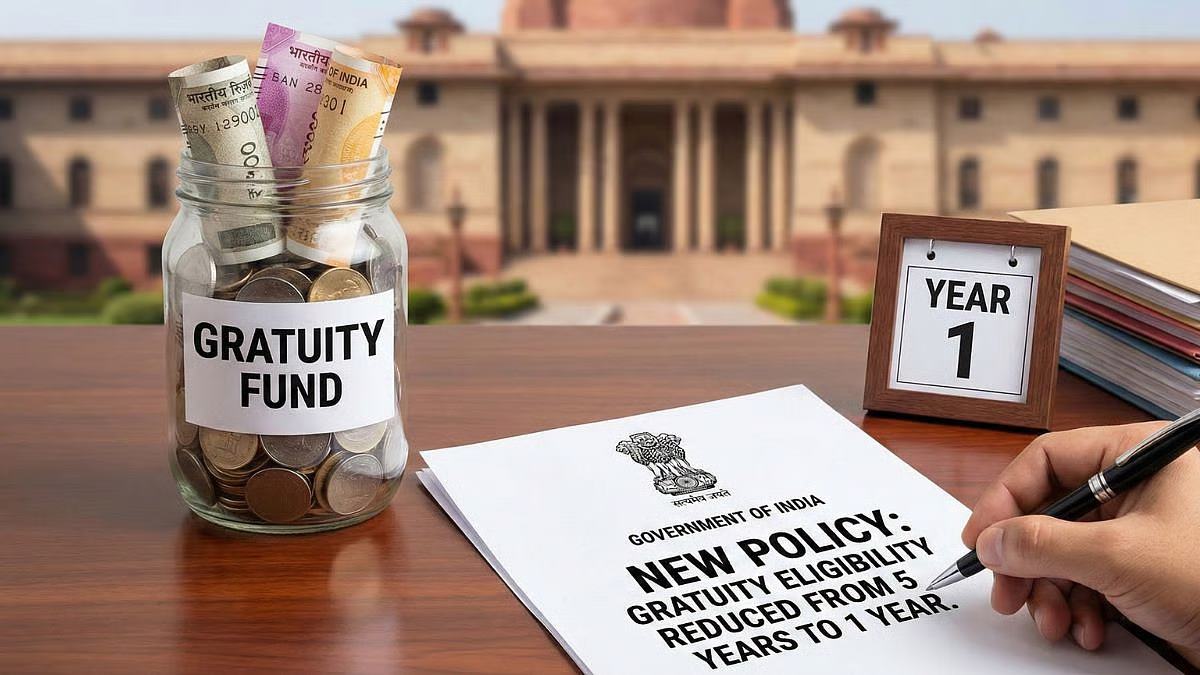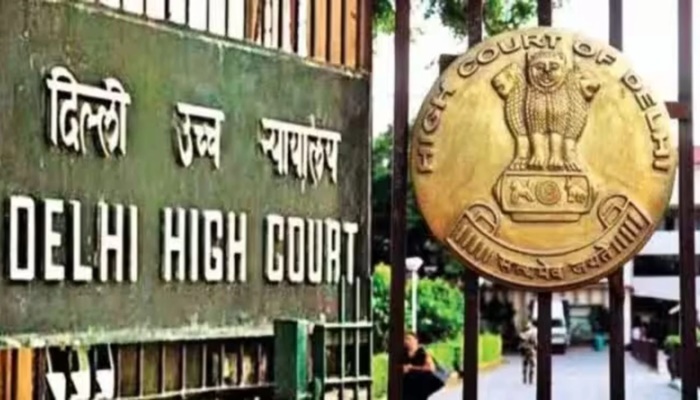The Delhi High Court has interpreted the doctrine of “compelled self-publication” in matters of defamation and has observed that employers cannot evade the liability under defamation law by using confidential correspondence as a shield.
Justice Purushaindra Kumar Kaurav said that the the doctrine, though an exception to traditional principles, represents a reasoned and equitable development in defamation law.
“It ensures that employers cannot evade liability by using confidential correspondence as a shield when, in substance, their actions set in motion the very harm the law seeks to redress,” the Court said.
It added that the traditional concept of publication, by way of an explicit act, does not find any application to confidential communications between employers and employees.
However, without being so, Justice Kaurav said, the employee may end up facing serious reputational stigma owing to an expression of the employer, even if the expression was not communicated explicitly to any third person.
“The underlying prerequisite is that the employer ought to have foreseen the possibility of disclosure of confidential communication to any third person or the self-compulsion of the employee to disclose the same to any third person, such as for seeking subsequent employment,” it said.
The Court observed that the underlying intent of the law is to protect the reputation of a person in the eyes of others, and as long as the originator of a defamatory expression could reasonably be linked with the acquisition of knowledge of such expression by some third person, the law must respond.
Justice Kaurav made the observations while expunging defamatory remarks made against the character of an employee, working with Wipro Limited, from his termination letter.
The Court also awarded Rs. 2 lakh compensatory damages in favour of the employee to redress the reputational harm, emotional hardship and loss of his professional credibility.
Referring to American jurisprudence and the doctrine in question, the Court observed that under the modern but stern concept, an originator’s liability does not cease with the initial utterance of a defamatory imputation but endures whenever that imputation predictably forces the injured party to disclose it to prospective recipients.
“Accordingly, an employer who, by internal mandate or statutory compulsion, obliges a former employee to reveal the reason for termination cannot exonerate itself from liability for every foreseeable instance of that compelled disclosure and the reputational injury it occasions,” the Court said.
It added that in the contemporary landscape of instantaneous digital communication, the principles underpinning the doctrine of foreseeability of publication assume heightened relevance.
“The ease and rapidity with which information can be disseminated in the digital age necessitate a more nuanced application of this doctrine, particularly in cases where reputational harm may be reasonably anticipated as a natural consequence of documented communications. When a defendant elects to transmit content through social media, the foreseeability of access by multiple third parties is not merely probable but inevitable,” the Court said.
Justice Kaurav concluded that the requirement of publication in defamation encompasses not only direct dissemination to third parties but also indirect transmission arising from foreseeable consequences.
“As noted above, in such determination of the element of forseeability, various factors are to be kept in consideration which include, but are not limited to, the mode of communication, choice of medium of dissemination, inevitability of third party access –owing to the choice of medium or nature of content, element of self-compelled disclosure, etc,” the Court said.




















